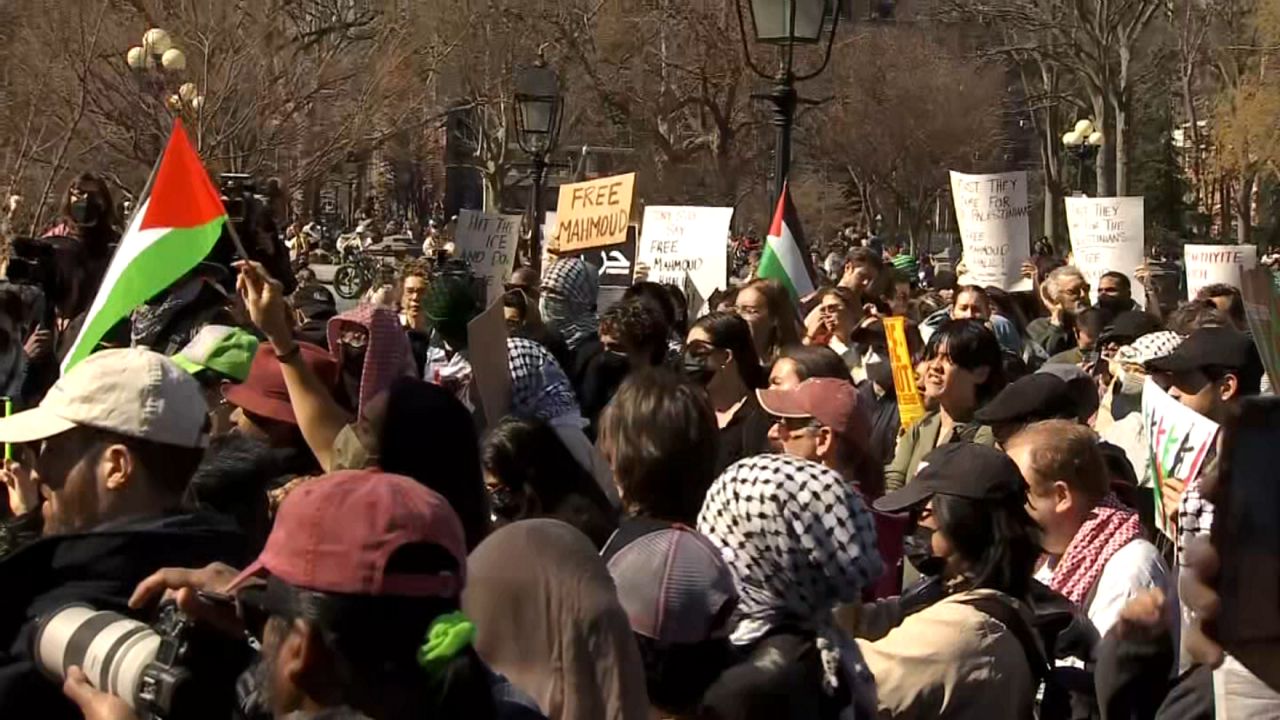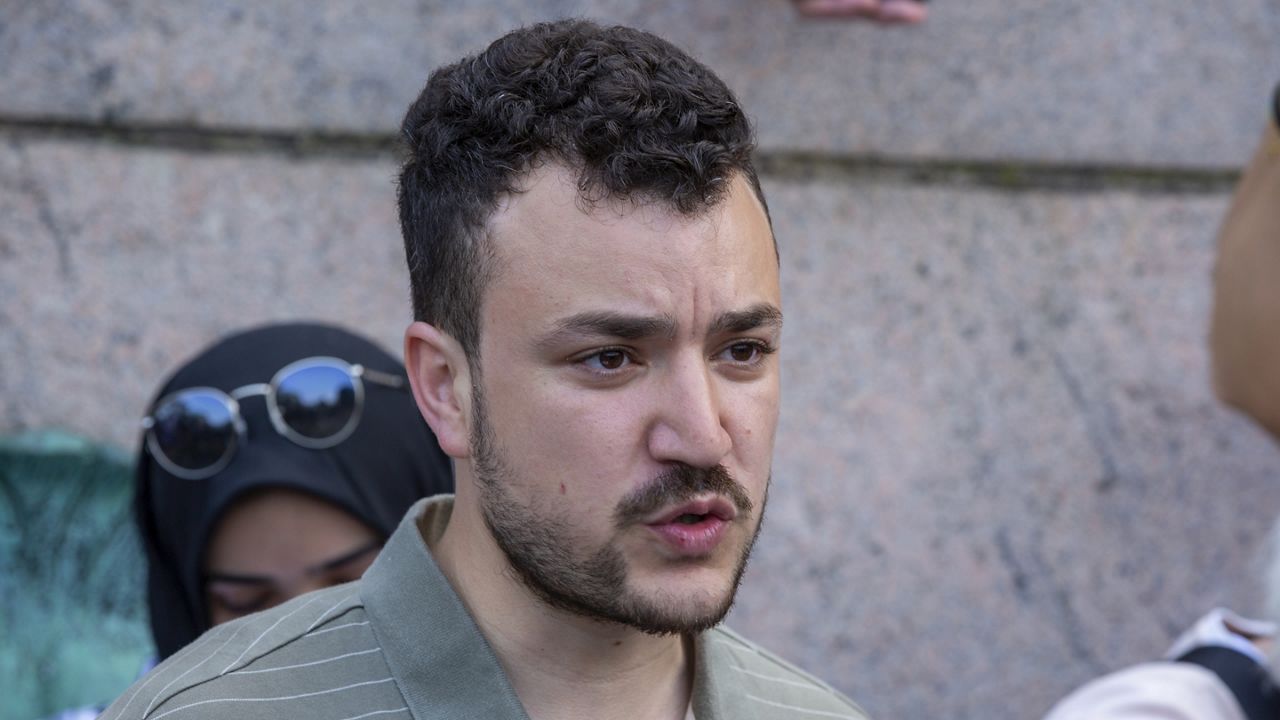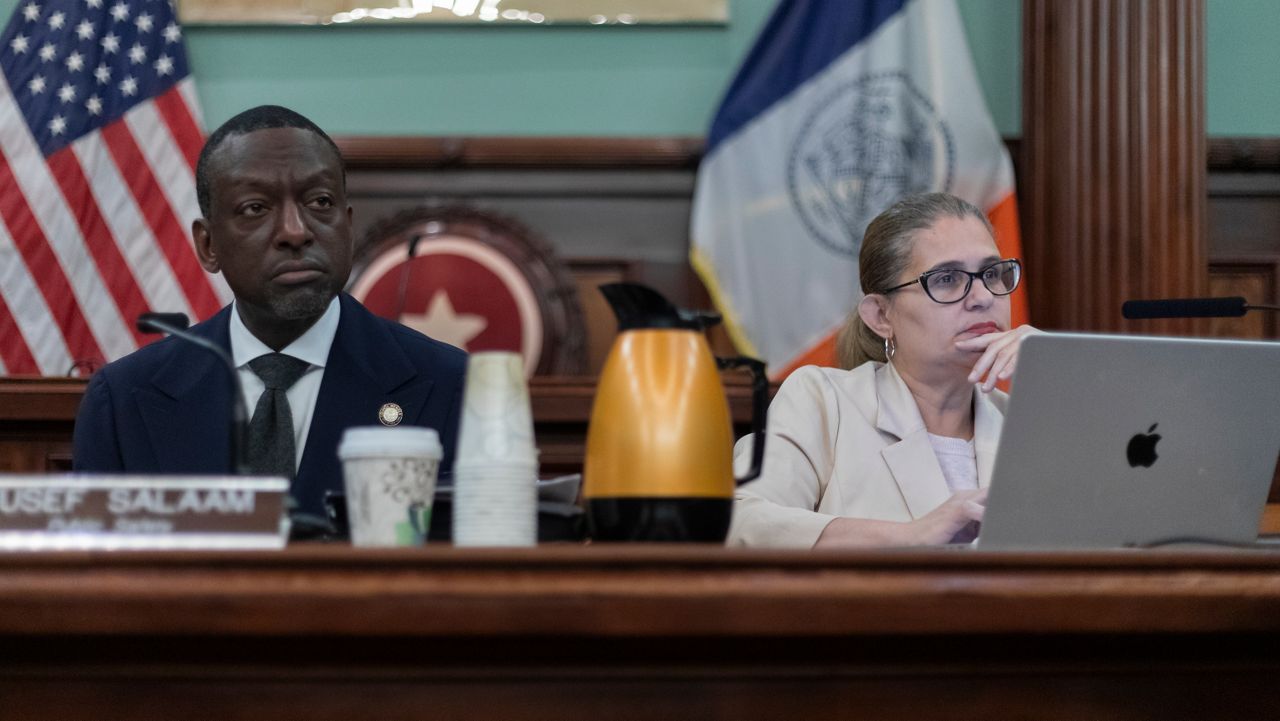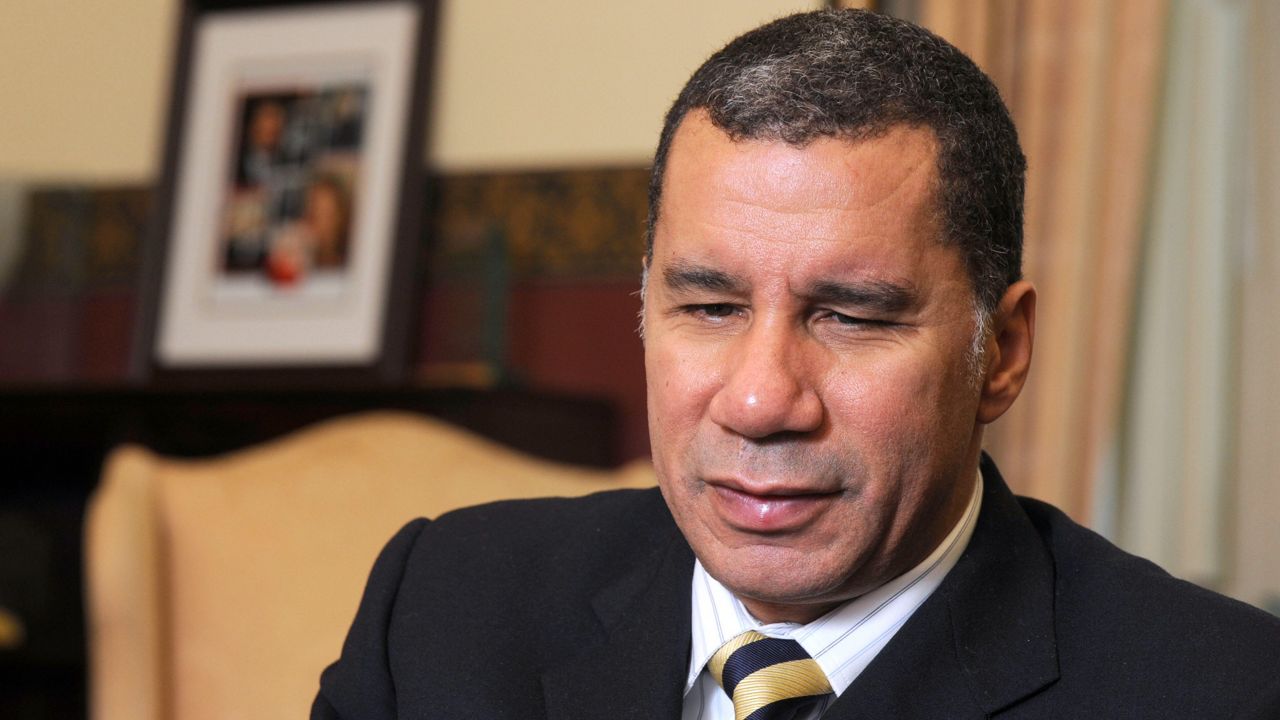Manhattan District Attorney Alvin Bragg seeks to break the cycle of severely mentally ill New Yorkers entering and leaving the criminal justice system without the treatment they need.
“These individuals need help. As do our neighborhoods and our small businesses,” he said Wednesday, announcing a $9 million initiative independent of court-mandated services.
The funding would be used to help people directly in neighborhoods as well as at their criminal court arraignments.
In contrast to the guidance announced by Mayor Eric Adams late last month on the forcible removal of people from public spaces for hospital evaluation, Bragg’s programs are voluntary.
What You Need To Know
- Alvin Bragg says his office will invest $9 million in neighborhood outreach and arraignment-aligned programming to connect people to care
- Bragg says his initiative is separate from Mayor Eric Adams' directive on transporting those who can't meet their basic needs
- Unlike Adams' plan, participation in Bragg's is voluntary
“The first program, which is on the purely preventative side, will develop networkers of neighborhood navigators who will build relationships with individuals who are unhoused, living on our streets, experiencing challenges with mental health and substance abuse,” he said at a Hell’s Kitchen news conference.
The second program, the court-based one, would run parallel to a person’s arraignment.
“The goal will be to set participants up for success in returning to court, completing diversion programs, addressing mental health issues and laying the groundwork for longer-term treatment,” Bragg said.
The initiative would be funded by money seized from major banks in the course of criminal investigations. The grants are administered by the CUNY Institute for State and Local Governance.
Other elected officials applauded steps to connect people to care.
State Sen. Brad Hoylman said he still has a card from the funeral of Michelle Go, who was pushed on the subway tracks by a man who was ultimately found unfit to stand trial.
City Councilmember Erik Bottcher, meanwhile, said he understands firsthand that intervention saves lives.
“When I was 13, I spent a month at a mental health hospital, following a series of suicide attempts,” he said.
Bragg sought to underscore that his initiative is separate from Adams’ directive to first responders and clinicians and that it focuses on the human connection.
“And it’s, from my perspective, as someone advancing public safety and fairness and thinking about our criminal system, going to reduce recidivism and stands on its own terms,” Bragg said.









